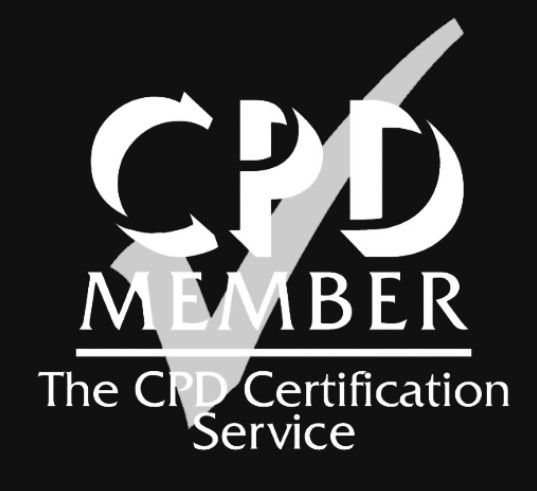Becoming part of a team should include the shared desire to succeed.
Shared Goal
A well balanced team should be able to successfully cover all aspects and requirements of their desired goals. This team may be a choir with strong voices and tight harmonies or a rugby team with strong players in all positions, forwards or backs. And include all elements of the game such as scrummaging, ball carrying or positional play etc.
Inevitably there will be differences that exist and emerge between even the tightest of groups. What is crucial is that the shared goal remains uppermost in everybody’s mind.
Shared Success
In enjoying shared success as part of a team. We enjoy both the personal benefits as well as the shared experience with our teammates. For this to happen it is not necessary for all teammates to also be significant personal friends. Especially those teams that are moving into or existing in a professional environment. What is crucial are trusting, respectful relationships where every member of the group feels valued and understood.
This can prove very difficult in a challenging environment. Or when events or situations become difficult especially where different personalities exist. Personality theory emerged in the last century. Mechanisms and models now exist that enable personality differences to be better appreciated. And result in more healthy respectful relationships.
Team Ethic
Within any organisation a fundamental requirement is for each member to perform their duties to their optimum level. Establishing an accommodating environment, enables us to understand differences in underlying and everyday behaviour between the group as well as being able to deal with any behavioural challenges that may emerge. This promotes the cultivation and development of the team ethic. A fundamental part of any successful team.
At the @theAIMFORteam we know how important it is to communicate and relate efficiently to each other. In order to achieve success.
We use a relatively new fully researched model Lumina Spark, based on the Big Five personality traits. It is also known as the five factor model (FFM).
Performance cycle
Focusing and developing your strengths and weaknesses. Should be carried out at the appropriate time. Namely in practice sessions and the actual “focus” should not be confused with the time spent preparing for performance.
When preparing for performance using imagery techniques and self-talk emphasis should be placed on the strengths you possess. It is at the performance preparation stage. Where emptying the mind of thoughts of weaknesses. Will help to increase motivation as well as reducing the possibility of negative thoughts taking over.
When preparing for performance using imagery techniques and self-talk emphasis should be placed on the strengths you possess. It is at the performance preparation stage. Where emptying the mind of thoughts of weaknesses. Will help to increase motivation as well as reducing the possibility of negative thoughts taking over.
Individually, it might be useful to create a personal development plan. Use something like the Aim-For App. Based on the Pillars model this app will help you take additional steps in becoming the best version of yourself.


